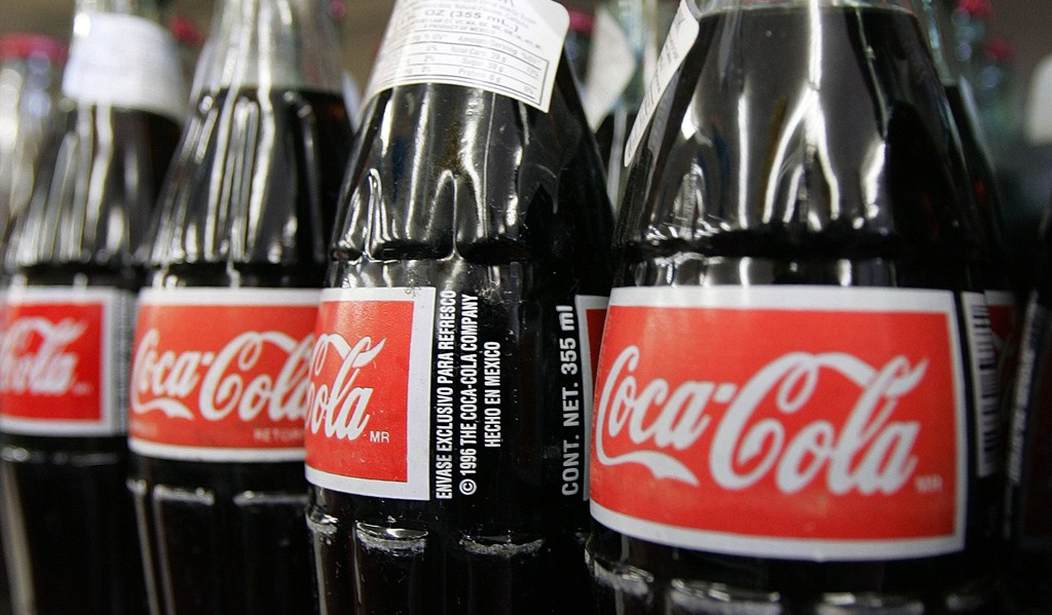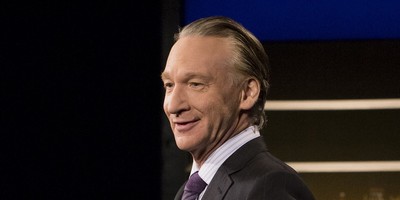Coke’s Super Bowl ad, featuring a montage of America the Beautiful in eight languages amidst scenes of beautiful people and landscapes wins this year’s controversy award. At one level, it’s just a company selling “sugar water,” in Steve Jobs’s famous phrase. But, of course, there’s more to it. Coke spent untold millions to produce a message touching social, cultural, and political nerves to make us notice and talk about it.Coke succeeded. The ad is beautiful, manipulative, disingenuous, and subversive.
Critics have struggled to express what troubles them, some thoughtfully and some in blunderbuss fashion. It’s elusive because the piece is beautiful and humanly warm. Ultimately, criticism of the ad is not about discomfort with diversity. It’s about the limits of diversity in core concepts and sinews that should unite our nation. To fully secure the peace and freedom that enable and animate our human diversity, there has to be a shared governing creed. The ad subtly undermines the idea of any core cultural commonality.
First, let’s get a grip. It’s just a pretty commercial. It’s not a candidate’s platform or a movement’s manifesto. On an importance scale of 1-to-10, this is a 2. The misguided expressions of outrage and calls to boycott Coke played right into the marketing department’s fondest hopes. But smug denunciations of critics and charges of racism and xenophobia weren’t triumphs of intellectual honesty, either.
Embedded in the ad was something unsettling and provocative. It’s not that the ad praised diversity of people and languages in America. It’s not because lots of Americans like to “demonize people who don’t look like the way they’d like them to look like or came from some other place,” Colin Powell’s clumsy recent phrase from another context. America is full of human diversity that Americans rightly celebrate. Coke could have rendered virtually any other song in the same way and no one would have raised an eyebrow.
No, the reaction is not to diversity. The ad is noteworthy and controversial only because it transformed a patriotic song—a sentimental second national anthem for many—to make its multicultural, multi-lingual point.
Still what’s the problem? It is this: the ad is sophisticated and manipulative in service of a fiction. It depicts a vision that doesn’t exist in reality and that its proponents don’t really believe in. It subtly takes sides in a debate about the meaning of America and Americanism. It does these things framed in a way that exalts the left wing view and scores cheap points against traditional understanding of American exceptionalism and against some of its sputtering, not fully artful articulators.
Recommended
In the simplest terms, the multi-cultural American patriotism depicted in the ad not only doesn’t exist, it’s an oxymoron. There is growing tension between the historic ideas of assimilation on the one hand and preserving a separateness of national and ethnic heritage on the other. The forces arguing for deeper, more divided cultural diversity are not typically flag-waving translators of America the Beautiful into native tongues . They’re not generally the people who revere and sing about pilgrims’ stern impassioned stress, thoroughfares of freedom, and America’s liberating strife. The image is a sugary, beautiful lie.
Subcultures that self-segregate, observe separate national or ethnic traditions, and preserve a different mother tongue, aren’t known for celebrating anything uniquely American.Communities that observe Ramadan, celebrate Cinco de Mayo, or speak of Reconquista, absolutely are part of a beautiful American tapestry. But they aren’t bursting into patriotic American songs. People who were uncomfortable with the ad knew they were being sold a fantasy.
More, the fantasy is at odds with what multi-culturalists value and promote. America the Beautiful, especially in the latter verses, celebrates our nation’s exceptionalism. Multi-culturalists celebrate the universality of humanity and equality of all cultures. Multi-culturalists focus more on the lines from Liberty’s inscription about poor huddled masses than they do on the meaning of “yearning to breathe free.”
What is “free” about America? What about America through the ages has called to striving, seeking people? Is it anything multi-culturalists will describe and defend?It is a life built on freedom, on opportunity, rooted in limited government, and the human chance to succeed or fail. It’s the difference that Ronald Reagan called the “last best hope of man on earth.” Consider a bit more from that famous speech:
“If we lose freedom here, there is no place to escape to. This is the last stand on Earth. And this idea that government is beholden to the people, […] is still the newest and most unique idea in all the long history of man's relation to man. This is the issue […]. Whether we believe in our capacity for self-government or whether we abandon the American revolution and confess that a little intellectual elite in a far-distant capital can plan our lives for us better than we can plan them ourselves.”
President Obama expresses quite a different understanding of American uniqueness when he observes: “I believe in American exceptionalism, just as I suspect that the Brits believe in British exceptionalism and the Greeks believe in Greek exceptionalism.” Nothing special to see here. Move along.
Some viewers of the Coke ad sense the song reflects the spirit that Reagan described, but, they’re being poured a glass of syrup more in tune with Obama’s sensibilities. In the battle over political culture, defenders of American exceptionalism cite various critical elements, including the self-evident truths of the Declaration of Independence, the structure and limits in the Constitution, and the unifying cords of a common national language.The ad subtly and appealingly whispers that none of that matters. Anyone’s idea of America is as good as anyone else’s. There is no exceptional American creed; there are just all the beautiful people of the world.
The ad appealed to human brotherhood and national pride, but pride in what? I wonder what Coke would say.

























Join the conversation as a VIP Member